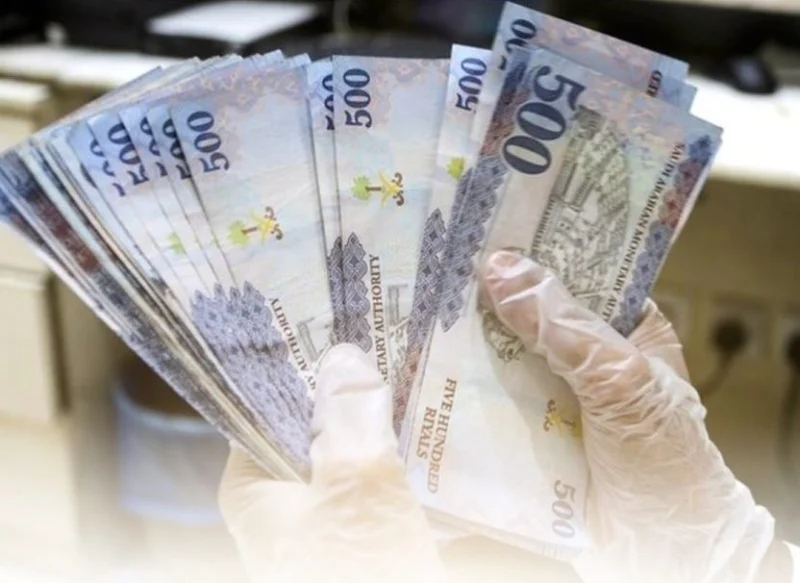Publisher: Maaal International Media Company
License: 465734
Citi expects quarterly Brent average price to move in $81 range
Citi analysts said that Saudi Arabia’s 1 million barrels per day cut in oil production is unlikely to lead to a “sustainable price increase” in the range above $80 and below $90 due to weak fundamentals indicating a decline in prices by the end of the year.
According to “Reuters”, Brent crude rose by about $ 2.60 on Monday, after Saudi Arabia, which effectively leads the Organization of the Petroleum Exporting Countries (OPEC) and is the largest exporter of crude oil in the world, said it would cut its production by one million barrels per day to reach nine million barrels per day.
However, oil prices gave back their gains to fall on Tuesday.
اقرأ المزيد
“We expect quarterly average prices to move in a somewhat limited range and will average $81 for Brent in both the first and second half, but with a potential range of $72 to $90,” Citi analysts said in a note.
The bank’s analysts pointed out that some factors – such as weak demand, increasing supplies from outside OPEC by the end of the year, a possible recession in the United States and Europe, and declining growth in China – may lead to a decline in prices instead of an increase during both current and next years.
Total cuts by the OPEC+ alliance, which includes OPEC and allies led by Russia, now reach 3.66 million barrels per day, or 3.6 percent of global demand, in order to limit supplies until 2024 as the bloc seeks to boost falling oil prices.
“It will require better coordination between OPEC + producers to reduce supply in the markets… and the possibility that Saudi Arabia will deal with this matter alone and permanently is very low,” Citi said.
The note indicated that if Saudi Arabia kept its production volume at nine million barrels per day throughout the third quarter, the deficit during this period will increase to more than one million barrels per day and will lead to a significant balance in global oil markets this year, but the markets will witness a large surplus in oil during 2024.
Other analysts said the global supply shortage could worsen in the third quarter after Saudi Arabia cut its output and could push Brent prices towards $100 a barrel by the end of the year.









